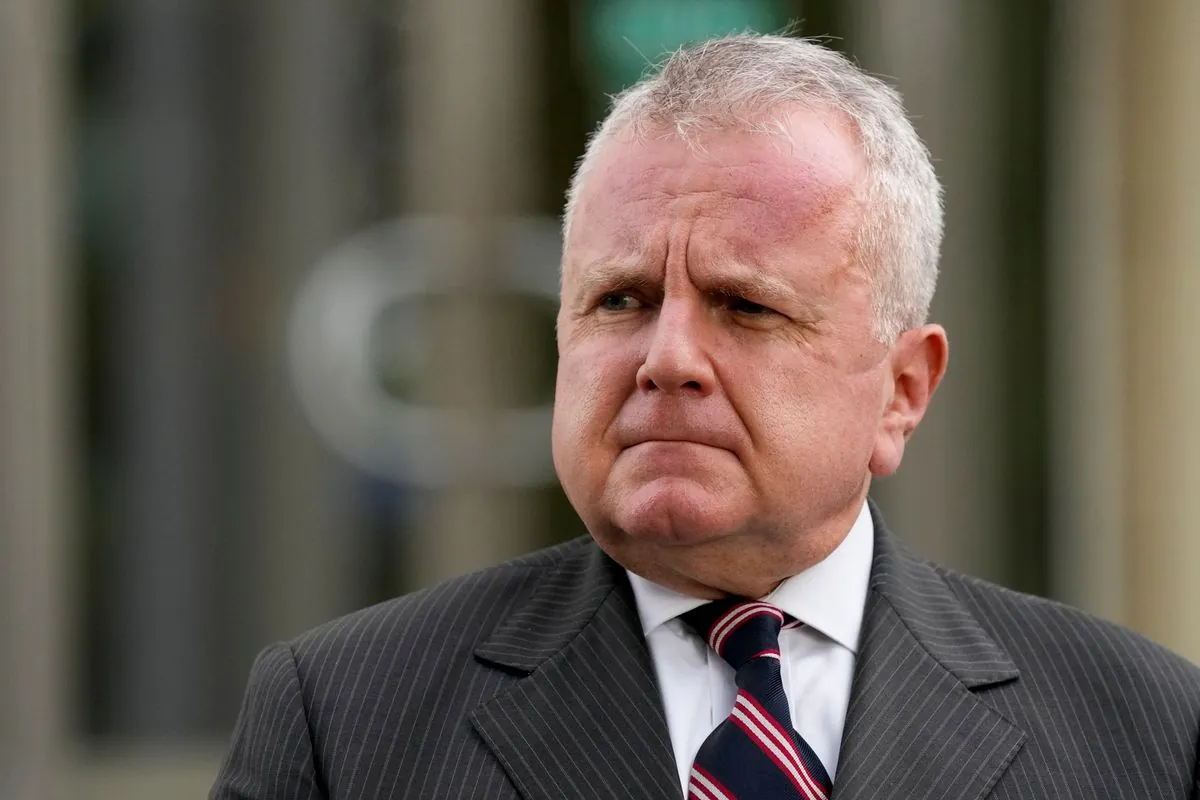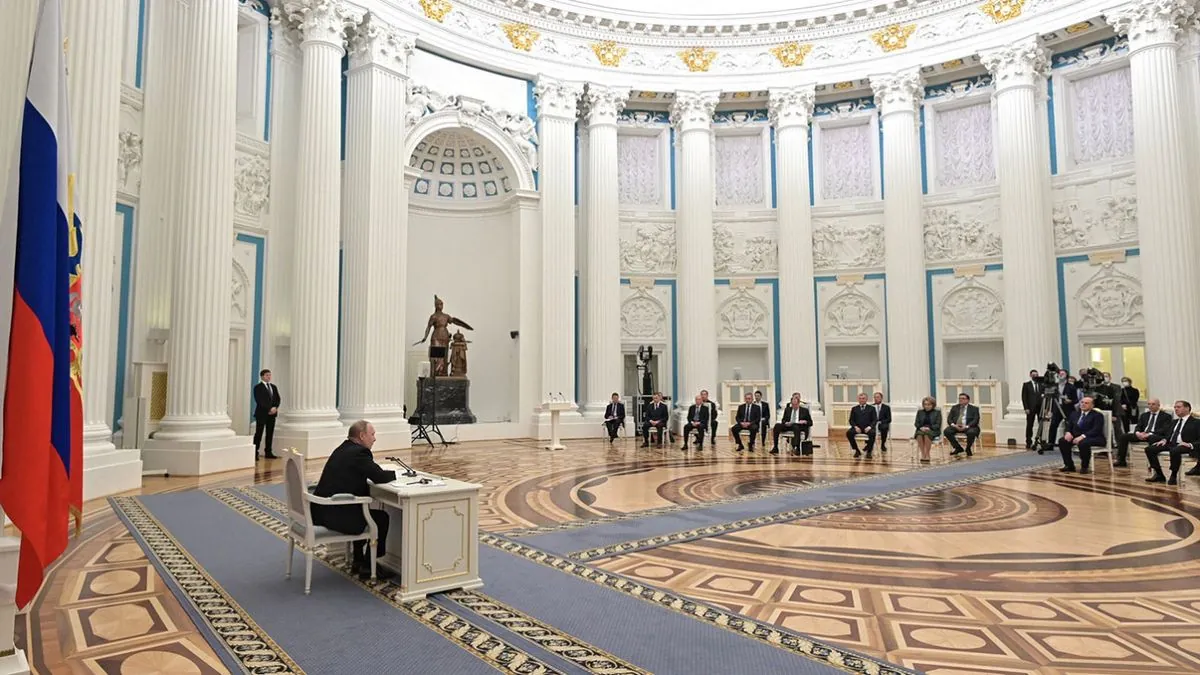Former U.S. Ambassador Reveals Insights on Russia-Ukraine Conflict
John Sullivan, ex-U.S. ambassador to Russia, shares his experiences and analysis of U.S.-Russia relations, Putin's inner circle, and the ongoing war in Ukraine. He offers a unique perspective on diplomatic challenges and future scenarios.

John Sullivan, former U.S. ambassador to Russia from 2020 to 2022, offers a rare glimpse into the complexities of U.S.-Russia relations during a critical period. His tenure, spanning two administrations, provided unique insights into the lead-up to Russia's invasion of Ukraine and the challenges of diplomacy with Moscow.
Sullivan's experience echoes the observations made by George Kennan in his famous "Long Telegram" of 1946. The parallels between Soviet and modern Russian diplomacy are striking, with Sullivan noting that Russia's negotiating style remains largely unchanged: maximalist demands, refusal to compromise, and deep-seated paranoia towards the West.
The recent prisoner swap between the U.S. and Russia highlighted both the potential for diplomatic breakthroughs and the ongoing challenges in dealing with Moscow. Sullivan praised the efforts of U.S. Special Envoy Roger Carstens but cautioned about the potential consequences of such exchanges.
"We should be so happy for our fellow Americans who've been released, and for their families. But there's a flip side to this, which has continuing serious consequences for the United States. Putin and his supporters think this was a great victory for him."
Sullivan's insights into Putin's inner circle reveal a shrinking group of trusted advisors. Key figures like Nikolai Patrushev and Igor Sechin maintain significant influence, while the role of institutions like the Foreign Ministry has diminished.

Regarding the future of Russia post-Putin, Sullivan expresses skepticism about the prospects for democratic reform. He warns that Putin's successor might adopt even more hardline policies towards the West.
On the ongoing conflict in Ukraine, Sullivan believes a negotiated settlement is unlikely in the near term. He suggests that a stalemate or ceasefire without territorial concessions might be the most realistic scenario, drawing parallels to the U.S. non-recognition policy towards the Soviet occupation of the Baltic states.
Sullivan's observations underscore the enduring challenges in U.S.-Russia relations, from the Cold War era to the present day. As the conflict in Ukraine continues, his insights provide valuable context for understanding Russia's diplomatic approach and the potential paths forward in this complex geopolitical landscape.


































